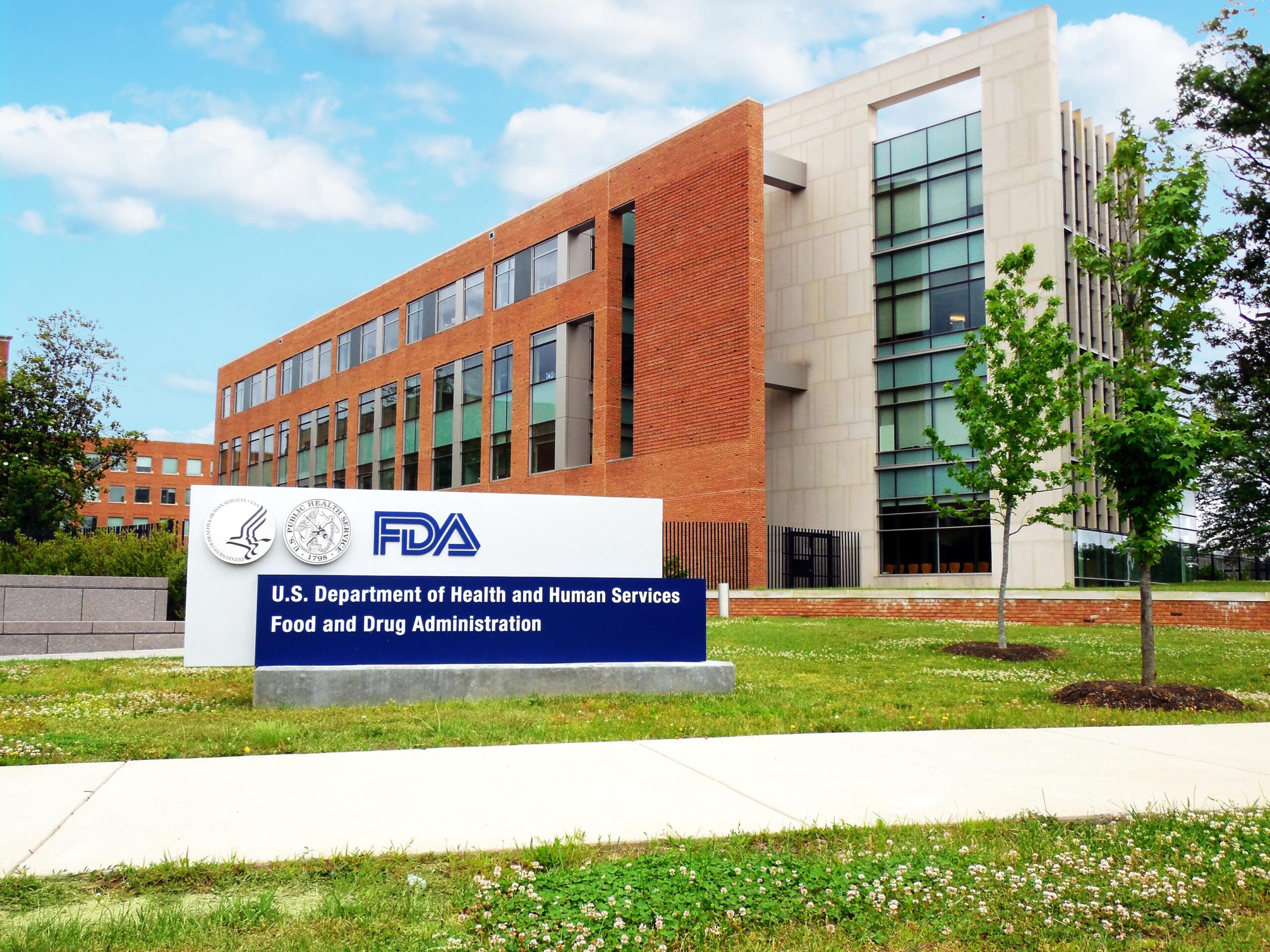On June 4th, the U.S. Food and Drug Administration approved its eleventh biosimilar, Fulphila (pegfilgrastim-jmdb).
This is the first biosimilar to Neulasta (pegfilgrastim) and is prescribed to decrease the chance of infection as suggested by febrile neutropenia (fever, often with other signs of infection, associated with an abnormally low number of infection-fighting white blood cells), in patients with non-myeloid (non-bone marrow) cancer who are receiving myelosuppressive chemotherapy that has a clinically significant incidence of febrile neutropenia.
“Bringing new biosimilars to patients is a top priority for the FDA, and a key part of our efforts to help promote competition that can reduce drug costs and promote access,” said FDA Commissioner Scott Gottlieb, M.D.
Read the FDA’s press release about the approval here.
